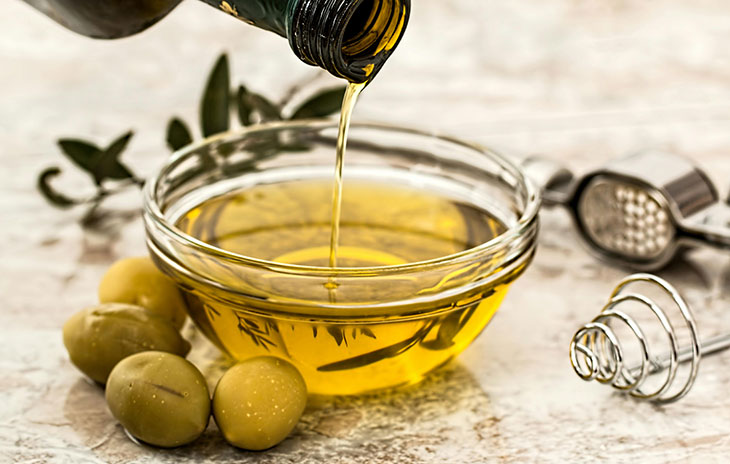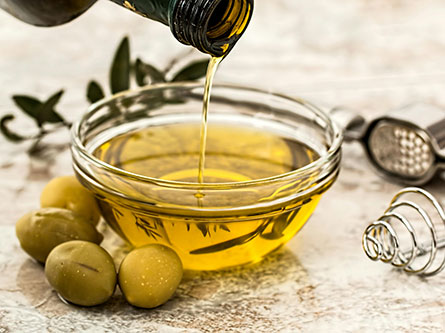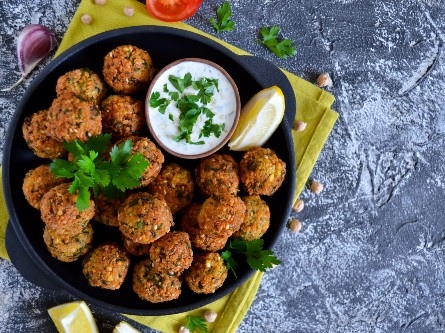
If olives are botanically classified as a fruit, can we say that olive oil is fruit juice? While we may not consume olive oil in the same way that we do apple or orange juice, there’s a reason people have used it for centuries. It’s popular for cooking, as a skin moisturizer, to strengthen hair, and even as a remedy for sore throats and wounds.
You might think this “green gold” is a much less healthy counterpart to your morning fruit juice. However, olive oil has been shown to provide many health benefits if you consume it regularly.
Health benefits of olive oil
Olive oil has various health benefits. The majority of the fats in olive oil are made up of monounsaturated fatty acids (MUFAs). These have been shown to increase levels of “good” cholesterol (HDL) while lowering “bad” cholesterol (LDL). Out of all plant-based cooking oils, olive oil has the highest levels of MUFAs.
This, along with the anti-inflammatory and antioxidant compounds in olive oil, may reduce plaque buildup in your arteries. It may also help protect your body from harmful chemicals that have been linked to chronic diseases like cancer, autoimmune diseases, and heart disease.
Types of olive oils
While olive oil has many great benefits, it’s worth noting that different types of olive oils vary in nutritional quality. This is because they have different amounts of beneficial compounds like polyphenols (compounds with anti-inflammatory and antioxidant characteristics) and other antioxidants.
Extra virgin olive oil (EVOO) contains the highest percentage of polyphenols and antioxidants. That’s because it goes through a single processing procedure whereas other types are processed more. More processing causes more polyphenols and antioxidants to be lost.
Virgin olive oil (VOO) is only slightly more processed than EVOO. It still contains most of the olives’ polyphenolic and antioxidant compounds but not as many as EVOO. VOO is also milder in flavor.
Finally, “light,” “pure,” and refined olive oils are more moderately processed. This leads to the mildest flavor, meaning they contain much less of the beneficial compounds.
Recommended oil intake
The daily recommended intake for oil varies depending on age, sex, and activity level. The 2020-2025 Dietary Guidelines for Americans recommends 27 grams (just under 2 tablespoons) of any type of added oils per day for a 2,000 calorie diet.
Ways to add olive oil into your diet
Here are some ideas for adding olive oil – to replace other types of fats – into your diet so you can reap its benefits:
- Use it as a salad dressing: Mix together olive oil, balsamic vinegar and mustard for a simple and delicious salad dressing.
- Drizzle it over roasted vegetables: Toss your favorite veggies with a bit of olive oil and roast them in the oven for a healthy side dish.
- Use it for cooking: Olive oil may be used for cooking. The more refined types of olive oil may be heated to a higher temperature than EVOO, though EVOO may be used at lower cooking temperatures. If you want to maintain the integrity of the flavor and quality of the olive oil, use your higher quality EVOO as a finishing oil.
This blog was written by UC Davis undergraduate Amaya Nerb and reviewed by UC Davis Health registered dietitian Marie Barone.




